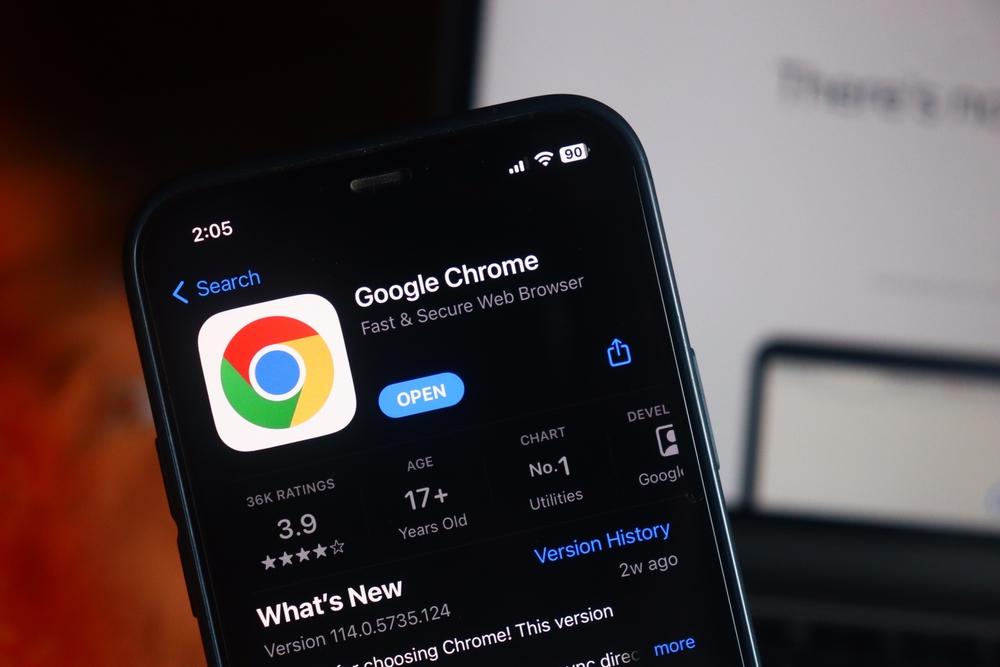Earlier this year, Google made headlines by announcing its plan to block third-party cookies for a portion of Chrome browser users, aiming to enhance user privacy. However, progress has been sluggish, and the company recently revealed another setback in its timeline.

Challenges and Regulatory Considerations
In a statement, Google acknowledged the challenges of navigating feedback from various stakeholders, including industry players, regulators, and developers. The UK Competition and Markets Authority (CMA) has requested additional time to review evidence, delaying the process further.
Uncertain Timeline
The absence of a definitive timeline raises questions about the eventual implementation of the cookie-blocking initiative. While Google hints at a potential rollout in 2025, this marks the third delay from the initial deadline set for January 2020. Originally conceived as a two-year phase-out plan, the extension underscores the complexities involved in transitioning away from third-party cookies.
Impact on Online Advertising
Third-party cookies have long been integral to online browsing, enabling personalized experiences and targeted advertising. Google’s decision to block them in Chrome aims to bolster user privacy by limiting cross-site tracking. However, the move poses challenges for advertisers reliant on user data for targeted campaigns.
Commitment and Adaptation
Despite the delay, Google remains committed to the initiative, emphasizing collaboration with industry stakeholders and regulatory bodies. The decision will impact advertisers’ strategies, necessitating adaptation to alternative targeting methods and reinforcing the importance of first-party data, notes NIX Solutions.
As the tech landscape continues to evolve, stakeholders await further updates on Google’s cookie-blocking efforts. In the interim, we’ll keep you updated on any developments shaping the future of online privacy and advertising.
